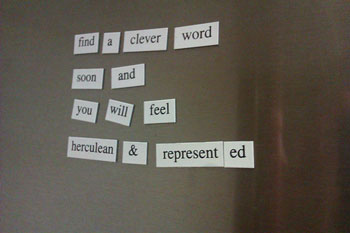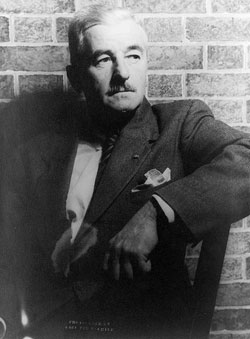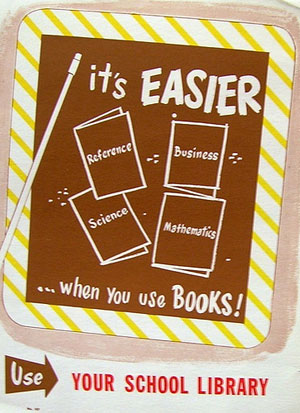
Source: “find a word,” XuRxO, Flickr
Words have set whole nations in motion. Give me the right word and the right accent and I will move the world.
Joseph Conrad is correct. The right words have a power that can move the world.
What follows is an example of word choice by one of America’s great writers, William Faulkner. He received the Nobel Prize in Literature in 1949. Although this was a great honor, Faulkner hated the fame and glory that resulted from his recognition. He donated a portion of his Nobel winnings “to establish a fund to support and encourage new fiction writers,” eventually resulting in the PEN/Faulkner Award for Fiction. He donated another portion to a bank in his hometown of Oxford, Mississippi, to establish a scholarship fund for African American education majors at Rust College in nearby Holly Springs. Listen to Faulkner’s Nobel Prize acceptance speech. You can also read the speech's introduction below.

Source: William Faulkner 1954, photo by Carl van Vechten, Wikipedia
Ladies and gentlemen,
I feel that this award was not made to me as a man, but to my work—a life’s work in the agony and sweat of the human spirit, not for glory but to make out of the materials of the human spirit something which did not exist before. So this award is only mine in trust. It will not be difficult to find a dedication for the money part of it commensurate with the purpose and significance of its origin. But I would like to do the same with the acclaim too, by using this fine moment as a pinnacle from which I might be listened to by the young men and young women already dedicated to the same anguish and travail, among whom is the one who may someday stand here where I stood this afternoon.

Source: “It’s Easier when you use BOOKS!” vintage library poster, Enokson, Flickr
Most of Faulkner’s speech is fairly easy to understand; however, you may have been stumped by the words that contain mouse over definitions. Reread the excerpt and hover over each of these words again to see their meanings. Are Faulkner’s ideas a bit clearer? You may have even figured out the meaning of commensurate, for example, without reading its definition. The context surrounding a word often gives clues to a word’s meaning. There are a couple of other strategies you can use to determine the meaning of a word. Try sounding the word out; you might recognize the word when you hear yourself say it out loud. You can also look at the structure of the word—the prefixes and suffixes may give you a clue to the word’s meaning. You might also recognize a root or base word.
If these steps fail, you should check a dictionary. You can access an online dictionary fairly quickly and also listen to how a word is pronounced. If you are reading a textbook, find the word in the textbook’s glossary.
This lesson focuses on using resources such as dictionaries, thesauruses (or thesauri), and glossaries to find and use words that will improve not only your reading skills but also your writing skills. Reading and understanding difficult texts such as Faulkner’s speech can increase your reading vocabulary, which down the line can improve your writing vocabulary. It’s a win-win situation, although it may take a little anguish and travail to get there. (Oops! There’s that word again—travail.)